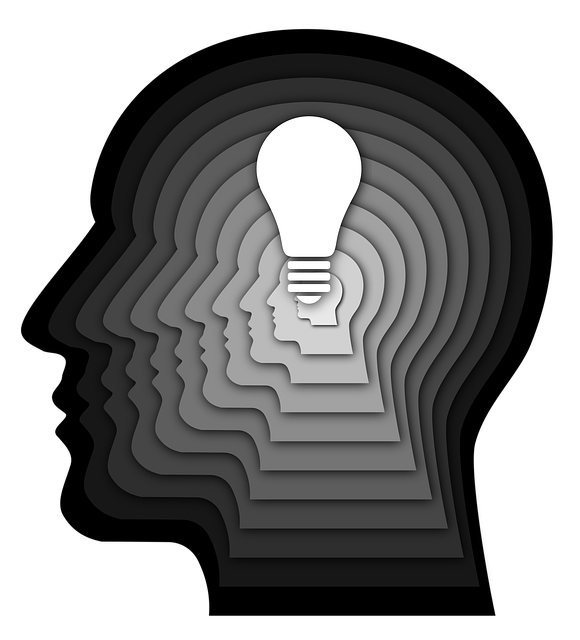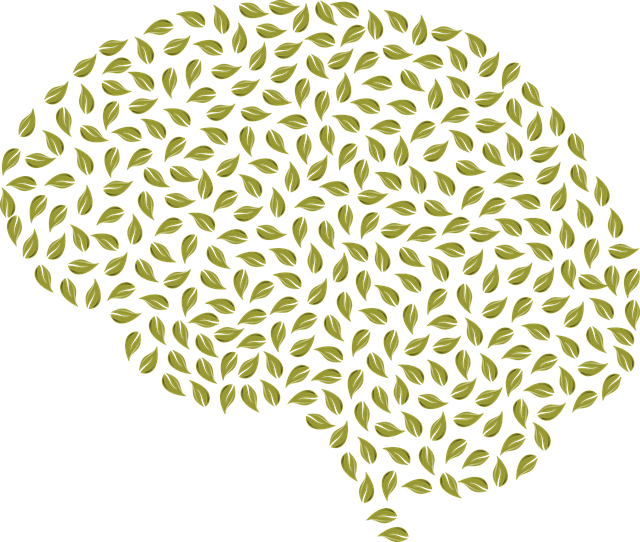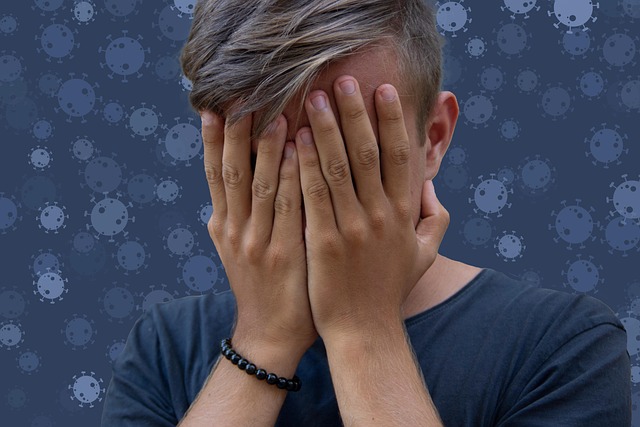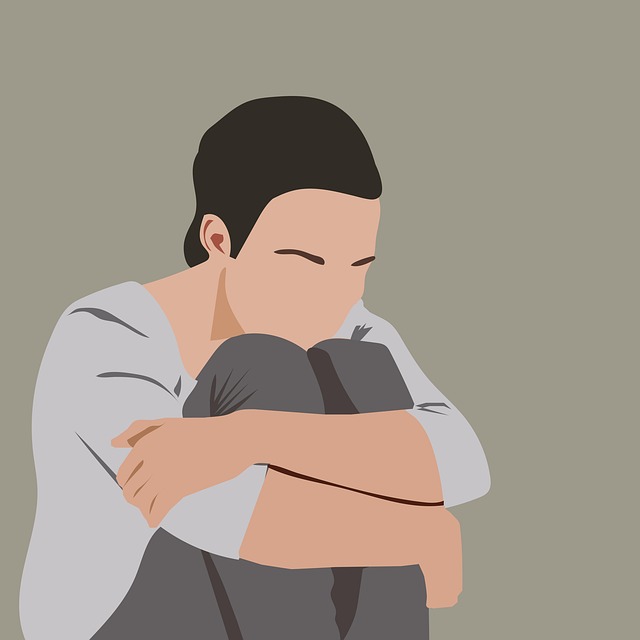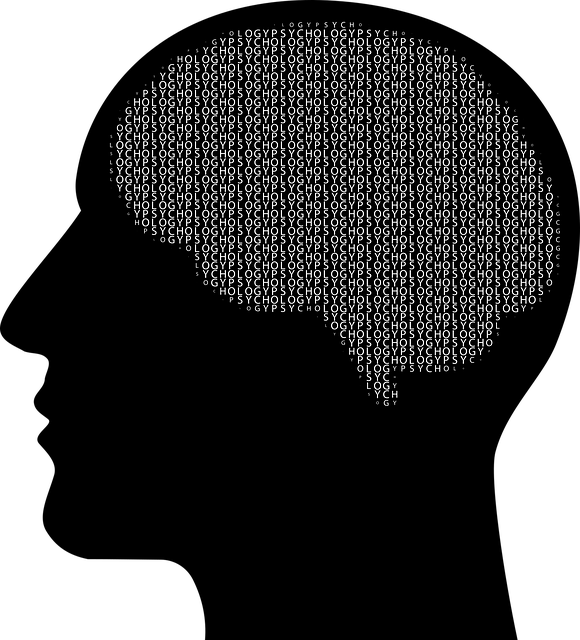This text emphasizes the importance of therapy in addressing emotional health challenges among adolescent teens and young men, focusing on men's issues. It highlights effective approaches like Cognitive Behavioral Therapy (CBT) and compassion cultivation practices to enhance self-compassion and empathy. The need for culturally sensitive mental healthcare is stressed, considering how cultural backgrounds influence treatment preferences. Key interventions aim to build resilience by teaching coping strategies, managing stress, and addressing underlying emotional distress triggers. Alternative therapies such as interpersonal therapy and mindfulness-based interventions are also explored, with a policy analysis perspective advocating for diverse treatment methods tailored to individual needs.
Mood regulation strategies are crucial for adolescent teens navigating their emotional landscape. This article delves into effective methods, focusing on therapy as a powerful tool for addressing men’s emotional health issues. We explore Cognitive Behavioral Therapy (CBT), its popularity, and other complementary modalities. Additionally, we discuss building resilient coping strategies for long-term wellbeing, offering valuable insights for both teens and those supporting them, especially in navigating mens’ unique emotional challenges.
- Understanding Mood Regulation for Adolescent Teens
- The Role of Therapy in Addressing Mens Emotional Health
- Cognitive Behavioral Therapy (CBT): A Popular Approach
- Other Effective Therapy Modalities for Mood Disorders
- Building Resilient Coping Strategies for Long-Term Wellbeing
Understanding Mood Regulation for Adolescent Teens

Understanding Mood Regulation for Adolescent Teens is a crucial aspect of their overall well-being and development. This demographic often faces unique challenges, as their brains are still undergoing significant changes. According to recent studies, therapy for adolescent teens, particularly those focused on men’s issues, has shown remarkable effectiveness in addressing mood disorders. One such evidence-based approach is compassion cultivation practices, which teach young individuals to cultivate self-compassion and empathy, thereby enhancing emotional resilience.
Integrating Cultural Sensitivity in Mental Healthcare Practice is essential when working with adolescents. Recognizing the impact of cultural background on mental health expressions and treatment preferences allows therapists to tailor their approaches. Building resilience through therapeutic interventions not only equips teens with coping strategies but also fosters their ability to navigate life’s challenges, promoting long-term mental wellness.
The Role of Therapy in Addressing Mens Emotional Health

Therapy plays a pivotal role in addressing emotional health issues among adolescent teens and young men, offering them a safe space to explore and manage their feelings. This is especially crucial given that men often face societal expectations to suppress emotions, leading to underreported mental health concerns. Professional therapy provides a platform for self-reflection and the development of coping strategies, helping individuals gain self-awareness through exercises tailored to their unique experiences and cultural backgrounds. Incorporating cultural sensitivity in mental healthcare practice ensures that therapies are inclusive and effective, catering to diverse needs.
By engaging in therapy, young men can learn to navigate emotional challenges more effectively, leading to improved overall well-being. This process involves identifying triggers, understanding emotional responses, and acquiring skills to manage stress and difficult feelings. Moreover, therapy sessions can address underlying issues that may contribute to emotional distress, promoting positive mental health policy analysis and advocacy within communities. Self-Awareness Exercises, when incorporated into therapeutic practices, empower individuals to recognize and express their emotions in healthy ways, fostering resilience and a deeper connection with themselves.
Cognitive Behavioral Therapy (CBT): A Popular Approach

Cognitive Behavioral Therapy (CBT) is a well-regarded and widely adopted approach to mood regulation, offering effective solutions for adolescent teens and adult men alike. This form of therapy focuses on identifying and changing negative thought patterns and behaviors that contribute to poor mental health. CBT helps individuals gain self-awareness by challenging distorted beliefs and replacing them with more realistic, adaptive thoughts.
By participating in CBT sessions, teens and men can learn valuable coping strategies, enhance their problem-solving skills, and improve overall emotional well-being. This therapy is often incorporated into community outreach programs to provide trauma support services, catering to diverse needs within these communities. Self-awareness exercises are a key component of CBT, empowering individuals to recognize triggers and develop personalized strategies for managing mood fluctuations.
Other Effective Therapy Modalities for Mood Disorders

In addition to traditional talk therapies like cognitive-behavioral therapy (CBT), there are several other effective therapy modalities proven beneficial for mood disorders, particularly among adolescent teens and adult men addressing mens issues. One such approach is interpersonal therapy, which focuses on improving relationships and social interactions, recognizing that significant personal connections significantly impact mental health. This modality is especially valuable in navigating the unique challenges faced by young adults and males, fostering a sense of belonging and support.
Mental Health Policy Analysis and Advocacy plays a crucial role in ensuring access to diverse therapy options. By promoting Cultural Sensitivity in Mental Healthcare Practice, professionals can create inclusive environments that cater to various populations, including adolescents and men from different cultural backgrounds. This sensitivity encourages the exploration of alternative therapies such as mindfulness-based interventions, which have shown promise in mood management. These evidence-based practices offer comprehensive solutions tailored to individual needs, contributing to improved mental health outcomes.
Building Resilient Coping Strategies for Long-Term Wellbeing

Adolescent teens often face unique challenges that can significantly impact their mental health and overall wellbeing. Building resilient coping strategies is crucial for navigating life’s stressors and fostering long-term resilience. Through therapy, specifically tailored for this demographic, teens can learn effective methods to regulate their moods and manage difficult emotions. One such approach involves Social Skills Training, which equips them with the tools to interact confidently with peers, enhancing social connections and reducing feelings of isolation.
Stress Management Workshops organized around Mind Over Matter principles offer a transformative experience. These workshops teach teens to reframe negative thoughts, promoting a positive mindset that can significantly influence their emotional state. By combining these strategies, adolescents gain a robust toolkit for coping with life’s challenges. This enables them to better manage stress, improve their social interactions, and cultivate a deeper sense of wellbeing, which is particularly relevant for the specific issues faced by adolescent boys (mens issues).
Mood regulation is a vital aspect of adolescent and adult well-being, especially when addressing men’s emotional health issues. By understanding the various strategies outlined in this article—from cognitive behavioral therapy to building resilient coping mechanisms—adolescents and their support systems can navigate mood disorders effectively. Therapy plays a crucial role in providing tools for managing emotions, and with consistent practice, these techniques can foster long-term mental resilience. For men seeking support, exploring these therapeutic modalities is an essential step towards enhancing emotional intelligence and overall wellbeing.
